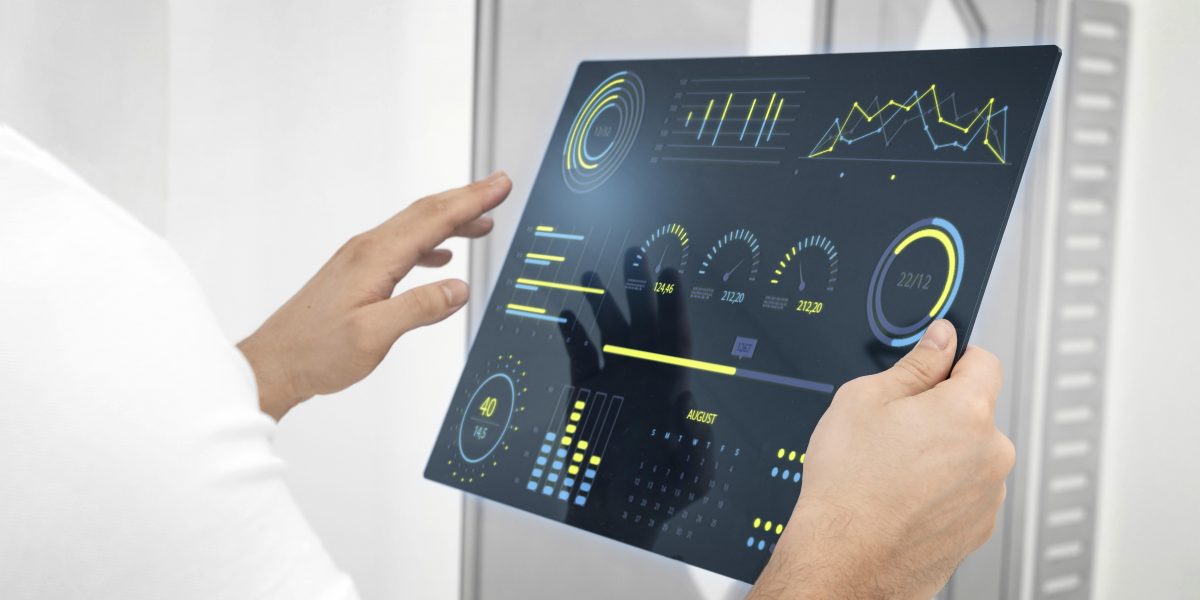Medical billing can be a time-consuming and complex process, involving numerous steps from claim submission to payment collection. However, advancements in technology and the rise of automation are changing the way medical billing is done. In this article, we’ll explore the role of automation in medical billing, including how AI and machine learning are being used to streamline processes, improve accuracy, and reduce costs. We’ll also examine the potential impact of automation on the billing industry and how you can stay ahead of the curve.
Streamlining Processes
One of the primary benefits of automation in medical billing is the ability to streamline processes. With the help of AI and machine learning, billing companies can automate tasks such as claim submission, payment posting, and patient eligibility verification. This can help reduce the time and resources needed to manage billing, allowing healthcare providers to focus on delivering high-quality patient care.
Improving Accuracy
Automation can also improve the accuracy of medical billing processes. Machine learning algorithms can analyze data from previous claims and identify patterns, helping to identify potential coding errors or incorrect billing practices. This can help reduce the risk of denied claims, minimize compliance issues, and ensure that claims are submitted accurately and on time.
Reducing Costs
By streamlining processes and improving accuracy, automation can also help reduce costs associated with medical billing. Automated processes can reduce the need for manual labor, helping to reduce staffing costs. Additionally, automation can help reduce the costs associated with denied claims, late payments, and compliance issues, resulting in more revenue for healthcare providers.
The Potential Impact on the Billing Industry
The rise of automation is expected to have a significant impact on the medical billing industry. As automation becomes more prevalent, it’s likely that the role of billing professionals will shift from manual data entry to more strategic roles focused on analyzing data, identifying patterns, and making strategic decisions. Additionally, the use of automation is expected to increase competition within the industry, as companies that fail to adapt to the changing landscape are likely to fall behind.
Staying Ahead of the Curve
To stay ahead of the curve in the evolving medical billing industry, healthcare providers and billing companies must embrace automation and invest in the latest technology and software. This may include adopting AI and machine learning solutions, investing in electronic health records systems, and implementing automated patient eligibility verification processes.
Conclusion
Automation is transforming the medical billing industry, with the potential to streamline processes, improve accuracy, and reduce costs. As the industry continues to evolve, it’s important for healthcare providers and billing companies to embrace automation and invest in the latest technology and software. By staying ahead of the curve, you can ensure that your practice remains competitive and efficient in the rapidly changing landscape of medical billing.






